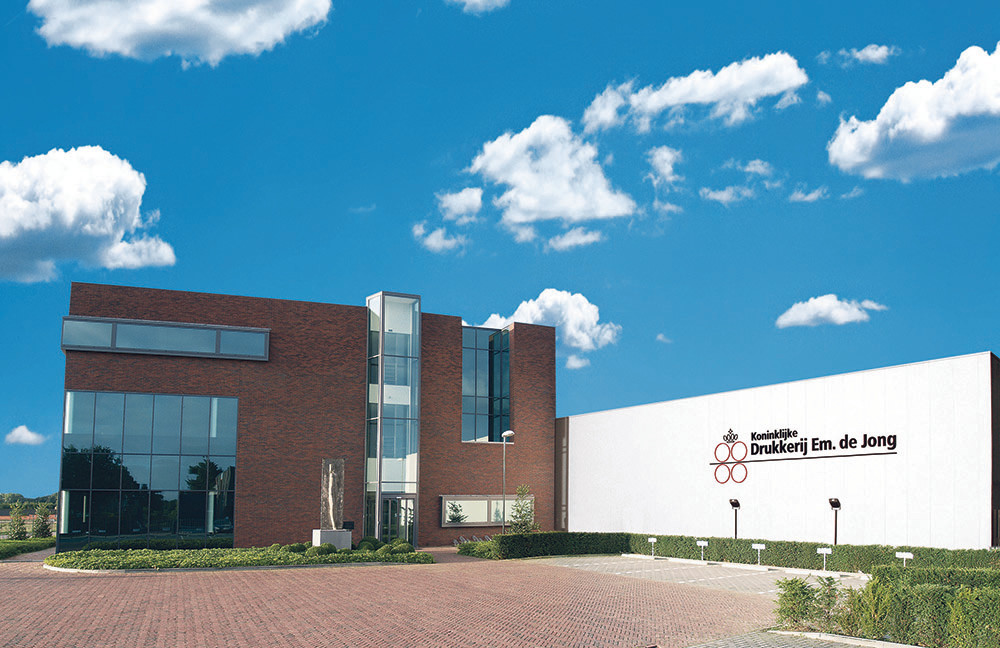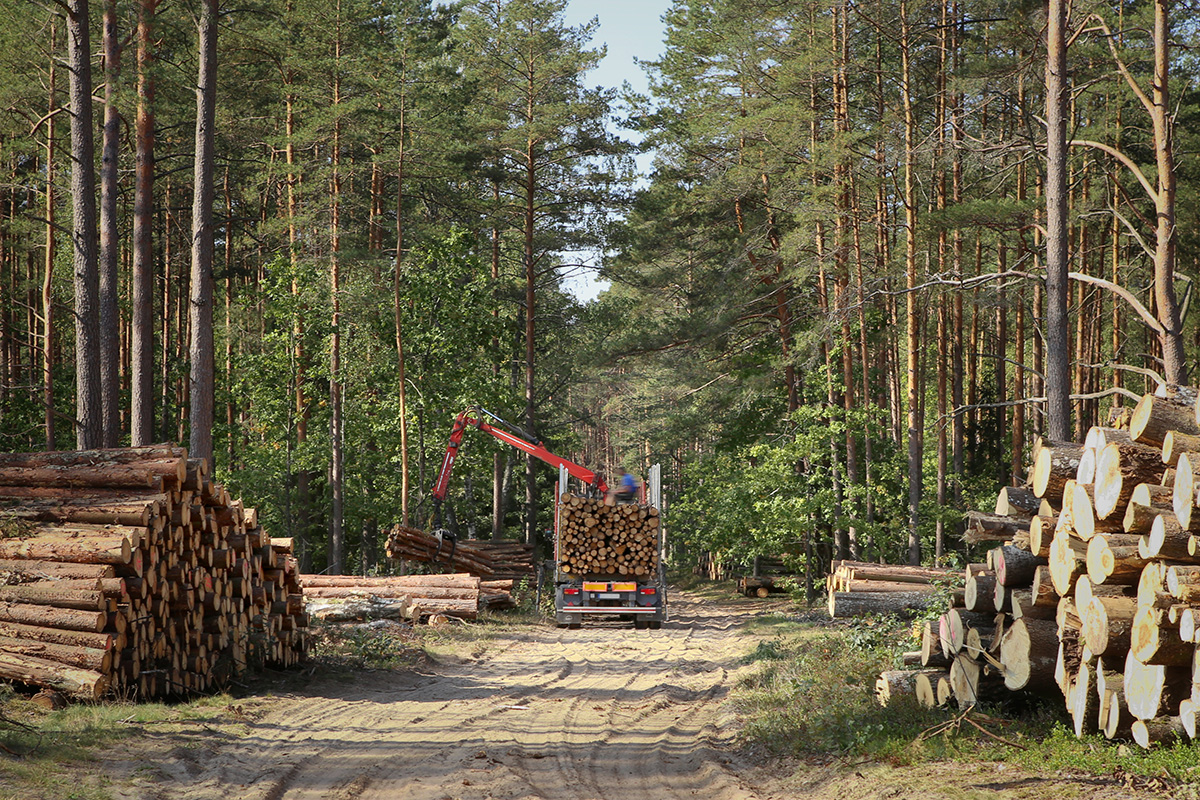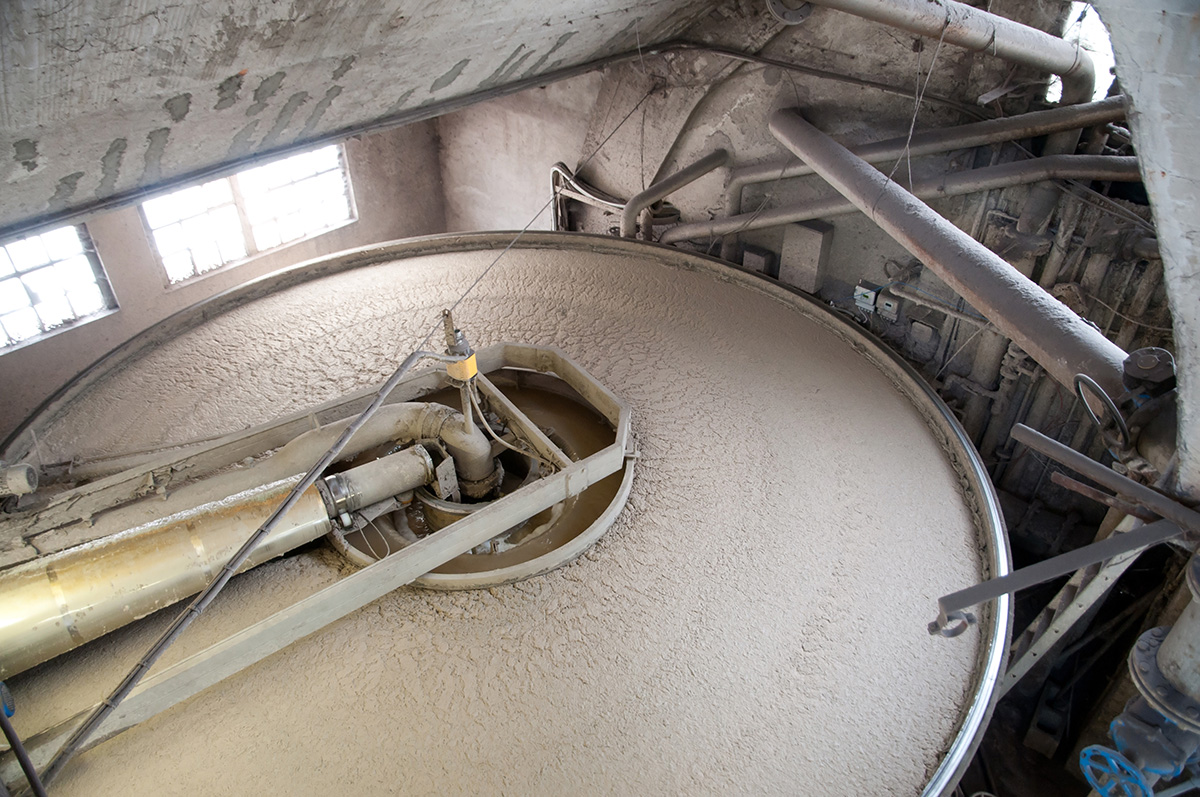
Environment
Almost 90% of the paper we use for printing consists of recycled paper. The rest is made from wood from sustainably managed forests. More trees are planted here than are felled. As a result, the European forest area has increased by 30% since 1950.

The environment is of course central
Care for the environment is a matter of course at all our printing companies. And that is not limited to the use of certified paper, but extends to all business processes. It is important to know that our printing companies have the most modern equipment on the market, which has a favourable effect on energy consumption, emissions and residual waste.
FSC®
Since 12 May 2008, Koninklijke Drukkerij Em. De Jong was awarded the FSC® certificate (FSC® Logo license number FSC® C129563).
This means that we contribute to the responsible management of the forests from which the wood for the production of FSC® certified paper is harvested – the FSC® quality mark is the hallmark for responsible forest management.
In order to qualify for the FSC® certificate, we have drawn up procedures that clearly describe what all departments should pay attention to when we print.
PEFC
PEFC stands for ‘Programme for Endorsement of Forest Certification’ and is a worldwide independent quality mark for promoting sustainable forest management.
Sustainable forest management means using the forest in such a way that biodiversity, productivity, regeneration capacity, vitality and the potential of forests are preserved now and in the future so that the forests can continue to fulfil ecological, economic and social functions and that no damage is caused to the environment’s ecosystem.
Forest certification is the instrument to achieve this and because of this Koninklijke Drukkerij Em. de Jong has been in possession of the PEFC certificate since 01 February 2013 (PEFC logo license number PEFC/30-31-264).














